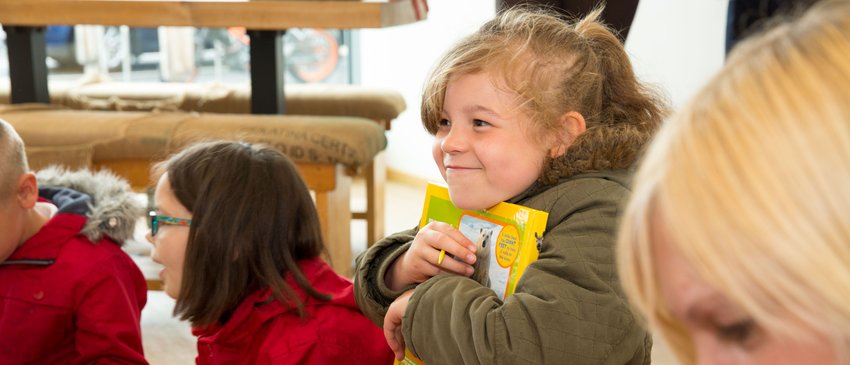COVID-19 and literacy: Children’s literacy attitudes and behaviours

Studies indicate that the first lockdown offered many children, young people and adults the time to rediscover reading, writing, and listening for enjoyment. They also showed that these behaviours had significant wellbeing benefits. Time was often a key component during school closures, and the pandemic demonstrated the need to give children and young people adequate time to 'get into' reading. A few minutes here and there may not be sufficient to allow all children, especially less confident or fluent readers, the time they need to become immersed in a story.
However, it is also important to note that things were more difficult for children and young people who did not have access to books at home when school and public libraries were closed, or did not have a quiet space to get into reading or writing. The provision of quiet reading spaces and access to alternative reading and listening formats may help build positive behaviours for these children.
More content
-
Reading
Many children rediscovered their love of reading during the first lockdown, with several commenting that this was due to having more time (in their words) to ‘get into’ books (Clark and Picton, 2020).
-
Barriers to reading
Some children reported a lack of access to print books due to widespread school and library closures. Read our blog on transforming your primary library.
-
Writing
Over 1 in 5 children said they had been writing more in their free time during lockdown than before, and 1 in 6 enjoyed writing more (Clark et al., 2020).
-
Listening
More boys than girls reported listening to audiobooks more during the first lockdown, with half saying it had increased their interest in reading and 2 in 5 saying it had increased their interest in writing. (Best et al., 2020).
How we can help
-
Resources and tools for early language development and parental engagement.Learn more about Early years.
-
Deliver outstanding literacy provision at primary school stage.Learn more about Primary.
-
Help students develop the literacy skills they need to succeed at school and in their future lives.Learn more about Secondary.


